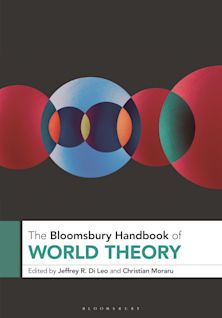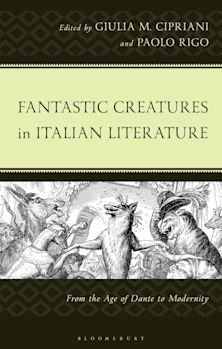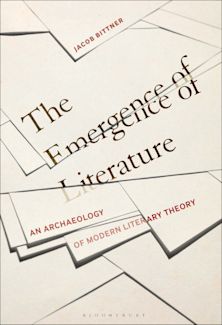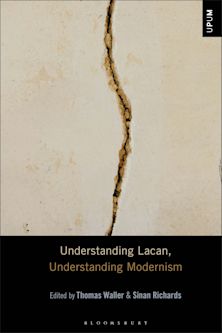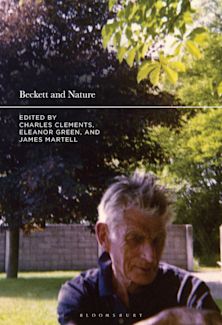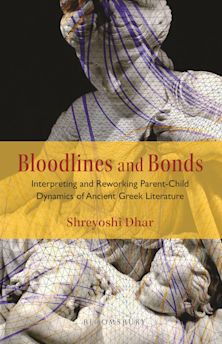- Home
- ACADEMIC
- Literary Studies
- Literature and Philosophy
- Religious Convictions in the Post-Conversion Writings of T S Eliot
Religious Convictions in the Post-Conversion Writings of T S Eliot
Religious Convictions in the Post-Conversion Writings of T S Eliot
You must sign in to add this item to your wishlist. Please sign in or create an account
Description
Following his conversion, Eliot's poetry began to focus on redemption, spiritual renewal, and
the search for divine truth. “Ash Wednesday” (1930), his first major post-conversion poem,
illustrates this transition. The poem explores the struggles of a soul seeking faith and
reconciliation with God, using Christian symbolism and liturgical rhythms to convey themes of
desolation and renewal.
Eliot's religious ideas reached their fullest expression in Four Quartets (1943), a series of four
long poems-“Burnt Norton”, “East Coker”, “The Dry Salvages”, and “Little Gidding”- each
named after places significant to his spiritual journey. These poems are deeply philosophical
and theological, meditating on time, memory, and the divine. “Little Gidding”, written during
World War II, reflects Eliot's belief in spiritual renewal amid suffering, echoing Julian of
Norwich's words: “And all shall be well.”
Through his post-conversion works, Eliot engaged deeply with Christian theology, using it as a
framework to make sense of modern chaos. His poetry articulates a vision of spiritual order and
coherence, addressing the moral and spiritual crises of his time. His exploration of faith and
redemption continues to resonate with readers seeking meaning in a fragmented world.
Product details
| Published | 30 Apr 2025 |
|---|---|
| Format | Paperback |
| Edition | 1st |
| Extent | 148 |
| ISBN | 9789361318979 |
| Imprint | Bloomsbury Quest |
| Dimensions | 234 x 153 mm |
| Publisher | Bloomsbury Publishing India Pvt. Ltd |













